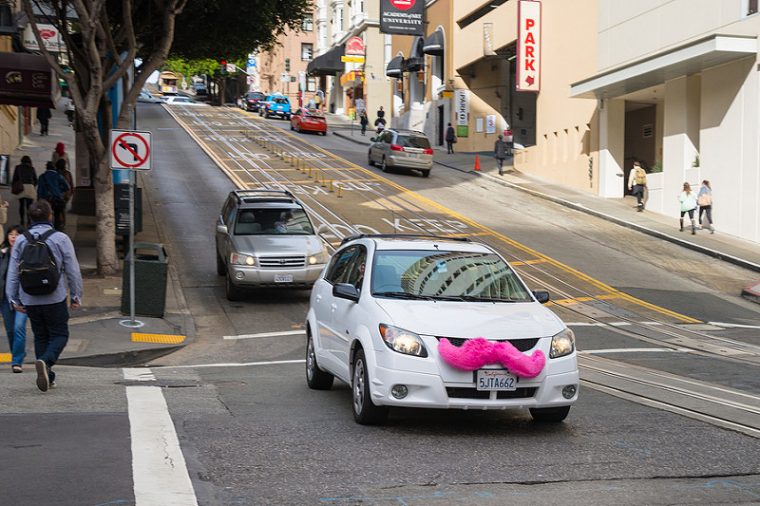Many industry leaders and automakers view autonomous vehicles as a key part of future transportation. Some say that will come in the form of robot taxis.
According to Business Insider, UBS estimates that the robo-taxi market will be worth $2 trillion by 2030. The UBS Evidence Lab reached this figure by running a massive simulation model to predict the future of ride-hailing in New York City, as well as the potential impact of robo-taxis in this area.
Tire TLC: Tips for maintaining yoru tires
Photo: SPUR
Good news for rideshare users and companies
The UBS predictions have positive implications for those who regularly use services like Uber and Lyft. According to the UBS report released to clients on May 22, rideshare fares could drop by as much as 80 percent over the next 10 years.
Alternatively, the autonomous taxis would also benefit the rideshare companies themselves. According to Business Insider, it will help Lyft and Uber increase their utilization rates. Per Lyft, this term is simply a number that refers to “the amount of time drivers for each company spend with a passenger in the car.”
UBS articulated just how much the utilization rates would surge, thanks to autonomous taxis. “The utilization rate of the robo-taxi fleet would reach c50% over a 24- hour shift. That is twice as high as Uber/Lyft’s utilization rates today, and 10 times higher than a private car.”
Photo: Pixabay
Future musings
As more consumers, especially younger millennials, ditch traditional vehicle ownership and pursue alternatives like rideshares and car subscriptions, it will be interesting to monitor the future of the rideshare industry. The predicted decrease in rideshare fares is likely to make Uber and Lyft a more affordable option for consumers than investing in a car subscription service.
Boost Your Confidence: Learn more about Chevy active safety features
News Sources: Business Insider, Bloomberg, Lyft
The News Wheel is a digital auto magazine providing readers with a fresh perspective on the latest car news. We’re located in the heart of America (Dayton, Ohio) and our goal is to deliver an entertaining and informative perspective on what’s trending in the automotive world. See more articles from The News Wheel.






